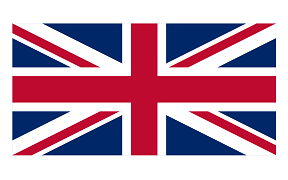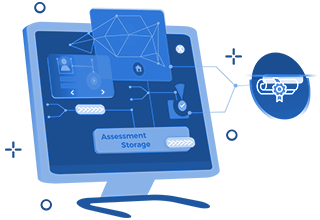In Canada, postsecondary education is the responsibility of provincial and territorial governments, and each jurisdiction has its own quality-assurance mechanisms. There is no national system of education. It is important to note that, in Canada, postsecondary education encompasses all types of formal instructional programs beyond secondary school, including academic, vocational, technical, and continuing professional education, whether offered by universities, colleges, or institutes. More information on postsecondary education is provided in Postsecondary Education Systems in Canada: An Overview.
This report describes the quality-assurance mechanisms used in each of Canada's ten provinces and three territories to ensure high-quality postsecondary education. The introduction provides an overview of the approaches taken, and is followed by chapters detailing the practices in each jurisdiction.
For the purposes of this report, the term "quality assurance" refers to the achievement of educational-program standards set by institutions, professional organizations, government, and/or standard-setting bodies established by government. In Canada, the term “accreditation” refers most often to the evaluation of specific university and college programs by professional bodies and, as such, is an important component of quality assurance.
All public and private "recognized" and "authorized" postsecondary institutions in Canada have been given the authority to grant academic credentials by their provincial or territorial governments, through charters or legislation that ensures or enables mechanisms for institutional and program quality. "Registered" or "licensed" institutions are monitored by government for institutional and program quality and consumer protection, depending on the jurisdiction. In some jurisdictions, there are processes for program approval or voluntary accreditation for private colleges. Non-registered and non-licensed institutions are private commercial enterprises whose programs are not monitored.
Given the broad use of some institutional titles, such as college and institute, and of some credentials, such as diplomas and certificates, it is important to understand the status of a specific institution (whether it is recognized/authorized, registered/licensed, or unregulated), as well as the mechanisms that are in place to ensure program quality. The status of specific institutions can be obtained by consulting the Canadian Information Centre for International Credentials Web site.
The key components of quality assurance are outlined in the succeeding 7 sections in the navigation menu above..
 English
English Français
Français 日本語
日本語 中文
中文 한국어
한국어 Русский
Русский










